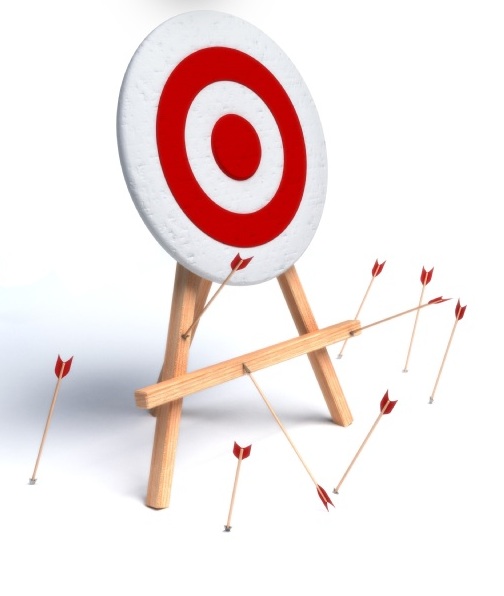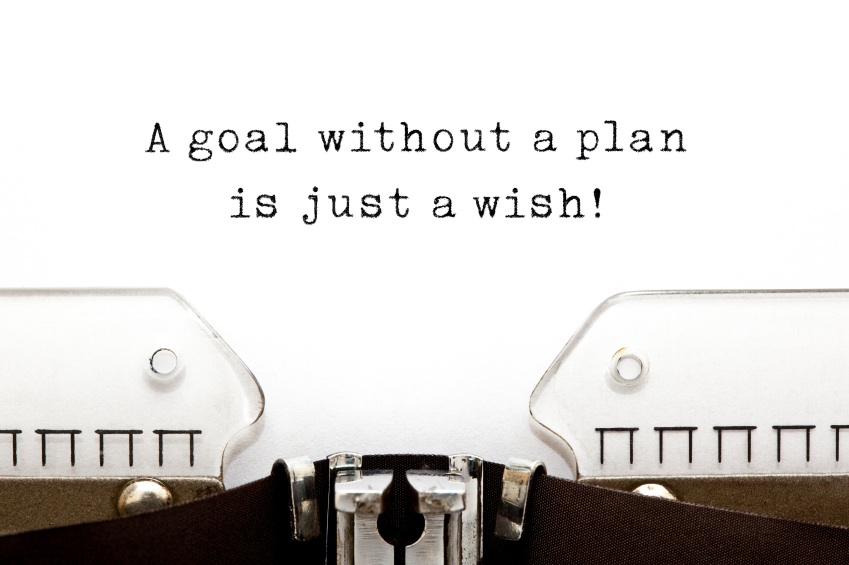Journalist Alice Hart-Davis is doing an eight week online course from coach and hypnotherapist Jacqueline Hurst designed to help her achieve her goal to write a book and become a life coach – follow her new Life Lessons blog about it every Monday on healthista.com
An eight week online course designed to help in achieving your goals and become a life coach had sounded like a good idea in November last year. Everything was fast sliding out of hand in the frenzied run-up to Christmas and the thought of learning new skills, improving my understanding of the way my brain works and learning how to achieve my goals and all that seemed an excellent way to start the new year. So I signed up.
But when a cheery email arrived last Monday announcing that Module One of the Life Class – from coach and hypnotherapist Jacqueline Hurst – was up and running, I’m sorry to say that my reaction was rather negative. Why oh why had I signed up? The year has barely started and yet I’m run-off-my-feet-busy with work. I really don’t want to start learning any new skills. The idea of making changes in my life seems deeply unappealing. Besides, why did I think I wanted to learn to be a life coach anyway? I have enough difficulty managing my own life and have no wish to take on responsibility for steering the lives or careers of others.
Improving my understanding of the way my brain works and how to achieve goals seemed an excellent way to start the new year
There is no way out, though, so I log in to the Lifeclass website and find my way into the ‘forum’ area, just to say hello, which most of the ten other participants have already done. I take a peek at Module One, see a heap of videos to watch and worksheets to download, then run away from it and bury myself in my other work.

With only 48 hours to go until the first group Lifeclass call on Thursday, I come back to the module on Tuesday evening, and am relieved to find that it is extremely user-friendly and straightforward. I watch the first video (What is a Life Coach?) and make notes until I realise that there are downloadable notes available on each of the half-dozen sections. I download the lot. Somehow, I feel safer with a heap of paper in my hands that I can digest at leisure.
Once I finally get started, it’s all clear and logical and makes perfect sense. I’ve been writing about this sort of thing for years in my job as a journalist for glossy magazines and national newspapers so feel I know most of it anyway – but of course I don’t really.
A Life Class life coach, I discover, isn’t just able to help their client simply achieve a goal; they go a step further and help their client learn to remove blocks or unhelpful beliefs they are holding on to, and teach their clients to manage their minds and feel better into the bargain. Now that sounds extremely attractive, even if I only end up practising it on myself. I’ve got more than enough blocks and unhelpful beliefs to keep me busy for some time.
I read on, learning how to establish a rapport with a client and how to help them along towards their goals – without judgment, opinion or telling them what to do. Eek. This sounds a real challenge.
I know, from writing self-help articles over the years, that goals need to be specific and measurable

Then there are the worksheets, the most intriguing of which is the one about goal-setting. I know, from writing self-help articles over the years, that goals need to be specific and measurable – but play along with one of my own goals. I want to write a book. Is this realistic? Yes. Do I have past experience which would help me with this? Yes (I’ve written other books). What’s holding me back? Hmm. Bleating that I don’t have the time is a pathetic excuse. I know that if I really wanted to, I could re-arrange my life and find the time, even if it meant less sleep/fun/yoga. So why don’t I get on with it? Er. Crunching on down the worksheet, I come to the final section. So what will you do now? It asks. (Um. Make a detailed plan?) What will help you move forward? (Set myself aims and progress reports for each week?) Wow. Suddenly I feel enthused about the whole thing, in a way I haven’t done for months. I also realise that, however many goal-setting exercises I’ve thought about in the past, I’ve never once actually dared to write it all down – probably precisely because once you do that, it all becomes more real.
I realise I’m excited about the whole Life Class undertaking when I wake up at 6am on the morning of the first group call, bristling with anticipation. I work from home and when, during the day I keep finding myself drifting away from my desk and into the kitchen, munching through the last night’s leftovers I realise I am also anxious (comfort/anxiety eating – a classic). I give myself a mental kick and head back to my desk.
however many goal-setting exercises I’ve thought about in the past, I’ve never once actually dared to write it all down – probably precisely because once you do that, it all becomes more real.
At the appointed hour, I dial in and of course, it’s perfectly easy (we are not put on the spot and grilled about 10 Ways to Spot a LifeClass Life Coach or anything). Actually, it’s fascinating. Jacqueline leads us all deftly along and cautiously, with a bit of prompting, we start to talk about the various things that have struck us most as we get our minds around the basics of the course. One woman, whose job means she is constantly engaging with new people to whom she often has to deliver bad news, has found that just by adopting the basics of friendly body language (open stance, eye contact, being sincere), the people she is talking to are much more open and responsive towards her.

I share my mini-revelation regarding my book and the goal-setting worksheet, and how the ridiculously simple action of actually writing it all down seems to have shifted some of the resistance in my mind. ‘Yes,’ says Jacqueline, ‘using pen and paper is very powerful. Until you do that, and start to break down the problem on paper, it all just stays in our heads. I’m of the school of thought that ‘anything is possible’ and using tools like this, it really is.’ With those words ringing in my head, it’s onwards to week two…
3 LIFE LESSONS FROM WEEK ONE:
1. Mind management is an art Learning to be a life-coaching means learning to manage your mind, so that you can help your clients do the same.
2. Connections matter Establishing a proper rapport with whoever you are with – a client, your friend, or some randomer who life puts in your path – is the short cut to meaningful communication
3. Writing it down really helps Writing down goals is about a million times more effective than just thinking about them. Once they’re written, they become more real.


and blogs on innovation in beauty on her own website.
Like this article? Sign up to our newsletter to get more articles like this delivered straight to your inbox.






















































